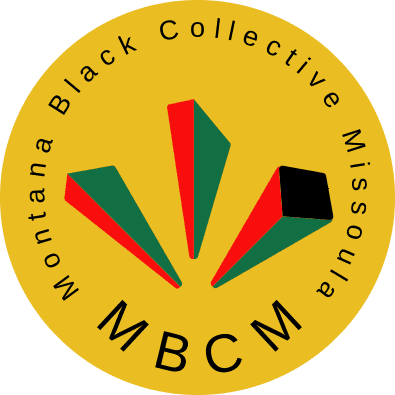Historical Context of Juneteenth

Juneteenth is the oldest known celebration which commemorates the end of the
American period of enslavement.
During the Civil War, (April 12, 1861 – April 9, 1865), President Abraham Lincoln issued
the Emancipation Proclamation ostensibly freeing all slaves on September 22, 1862,
with an effective implementation date of January 1, 1863.
As the war progressed, defeated southerners from slave states left the embattled areas
and took their enslaved with them. A number of them settled in Texas (the farthest state
west of the Confederacy) and resumed the practice of free-slave labor.
On June 19, 1865, Commander of the Third Calvary Brigade, Major General Gordon
Granger, speaking from his headquarters in the Osterman Building in Galveston, Texas,
read General Order #3 to the crowd which had gathered outside. The order advised
that the war had ended, and all enslaved persons had been set free in 1863, some two
and one-half years earlier.
Today’s Juneteenth celebrations allow for reflection on how far we have come in the
quest for equity as well as how far we have to go.
Juneteenth further serves as a reminder of the need to continually make our voices
heard and our desires known. We declare we are the inheritors of a tradition of a
centuries long struggle against injustice. No attempt to write us out of history, no amount
of intimidation, harassment or imposed victimization will stop us from uncovering and
telling the factual truth of who we were, who we are and how these findings impact who
we state we desire to become as a people and as a nation.
Keep in Touch
Let's Connect
We would love to hear from you! Whether you have questions about our services, are interested in volunteering, or want to learn more about our organization, please fill out the contact form below. We look forward to connecting with you and working together towards a more just and equitable society.
